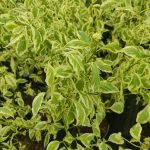
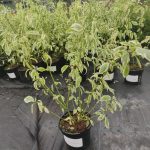
Cornus “Varieties” 2Ltr
£8.00
Out of stock
Cornus Plant Description:
Cornus is a genus of deciduous and evergreen shrubs and trees commonly known as dogwoods. The genus includes a variety of species and cultivars, each with its own unique characteristics. Here’s a general description of Cornus plants:
Flower Characteristics:
Inflorescence: The flowers of Cornus plants are typically small and arranged in clusters.
Colors: Flower colors vary among species and may include white, cream, yellow, or pink.
Blooming Time: Depending on the species, flowering usually occurs in spring to early summer.
Foliage:
Leaves: Opposite, simple leaves with prominent veins.
Autumn Color: Many Cornus species exhibit attractive fall foliage in shades of red, burgundy, purple, or orange.
Size:
Height: The size of Cornus plants varies widely. Some are compact shrubs, while others are small trees that can reach significant heights.
Growth Habit:
Shrubs: Many Cornus species have a shrub-like growth habit, forming a rounded or spreading shape.
Trees: Some Cornus species, such as Cornus florida (Flowering Dogwood), can grow into small to medium-sized trees.
Hardiness:
Cornus species are found in a range of USDA hardiness zones, depending on the specific type.
Sun Requirements:
Most Cornus plants prefer partial to full sun for optimal growth and flowering.
Some species, especially those with colorful stems, tolerate more sun.
Soil Conditions:
Well-draining soil is generally preferred.
Cornus plants can adapt to various soil types, including acidic to slightly alkaline soils.
Watering:
Regular watering, especially during dry periods, is important for establishing young plants.
Once established, many species exhibit good drought tolerance.
Uses:
Ornamental: Cornus plants are widely used as ornamental additions to landscapes, gardens, and parks.
Hedging: Some species can be used for hedging and screening purposes.
Wildlife Habitat: Provide food and habitat for birds and insects.
Maintenance:
Pruning may be required to maintain a desired shape and size.
Deadheading spent flowers can encourage a neat appearance.
Remove dead or diseased wood regularly.
Cultural Significance:
Cornus species are valued for their ornamental features, including flowers, foliage, and sometimes colorful stems.
Flowering Dogwood (Cornus florida) is especially iconic in North American landscapes.
Companion Plants:
Pair well with a variety of shrubs, perennials, and trees.
Consider companion plants that complement the seasonal interest of Cornus species.
Pests and Diseases:
While generally hardy, Cornus plants may be susceptible to certain pests and diseases, including powdery mildew and dogwood anthracnose.
Proper care, including good air circulation, helps prevent common issues.
Cornus plants offer a diverse range of options for gardeners, providing interest throughout the seasons. Whether chosen for their beautiful flowers, colorful foliage, or distinctive bark, Cornus species contribute to the overall beauty and biodiversity of garden landscapes.
| Flower Colour |
TBC |
|---|---|
| Root Type |
TBC |
| Foliage Colour |
TBC |
| Soil Type |
TBC |
Only logged in customers who have purchased this product may leave a review.


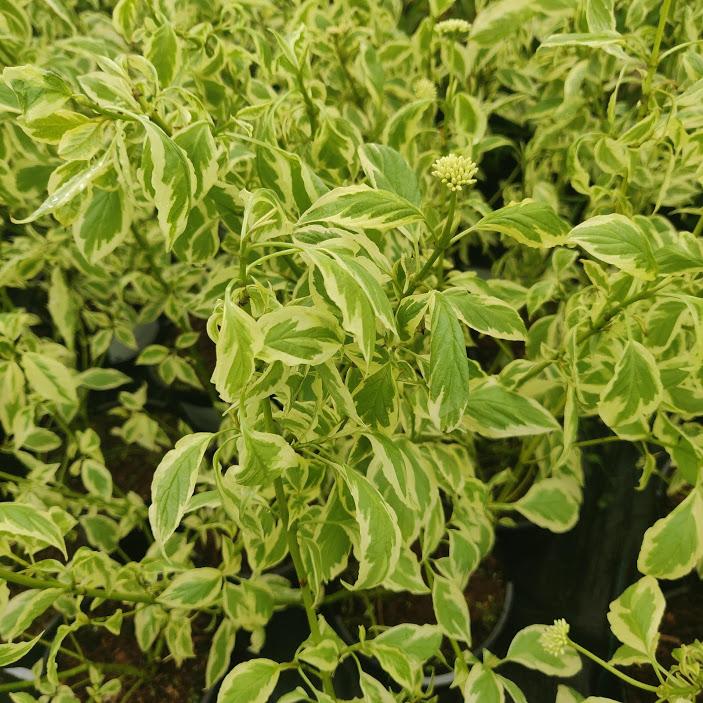
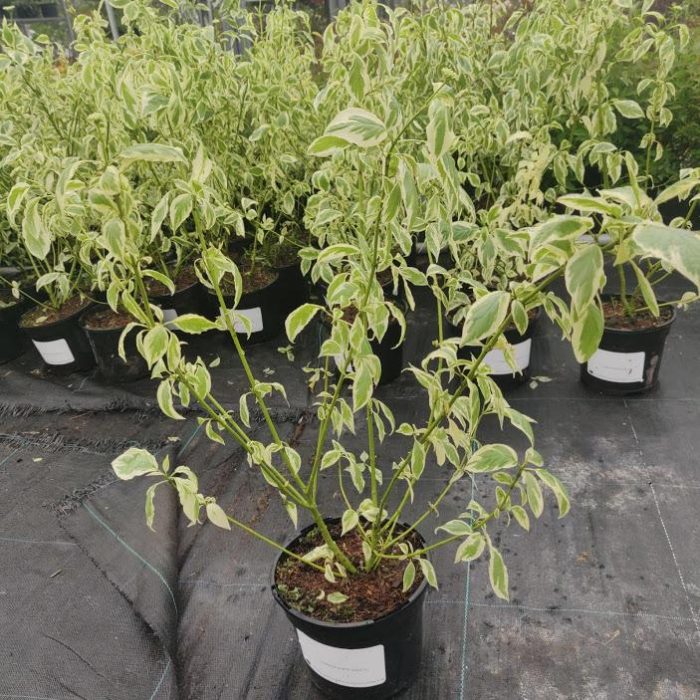

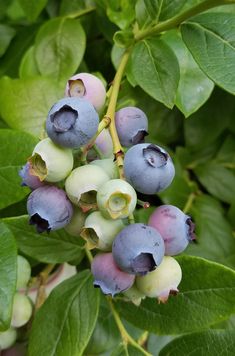
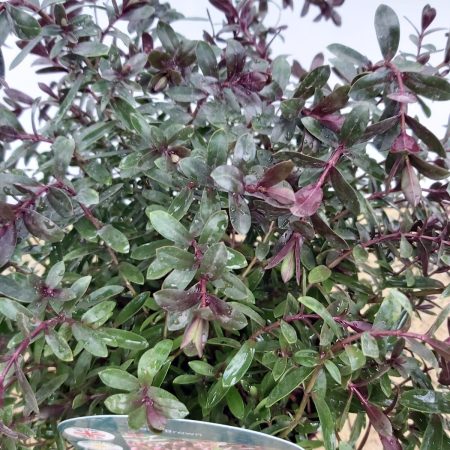
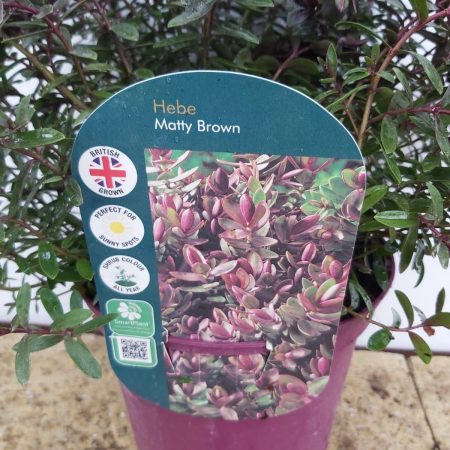
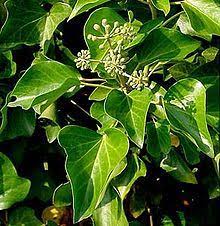
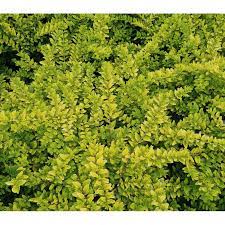

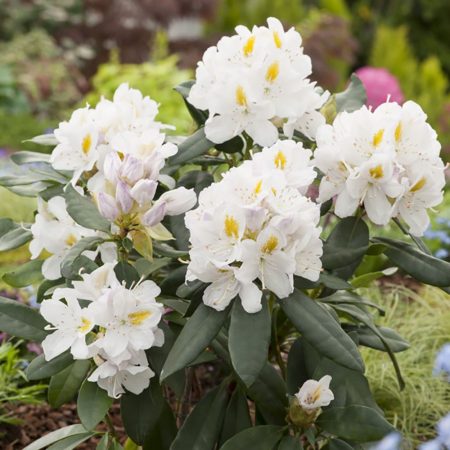
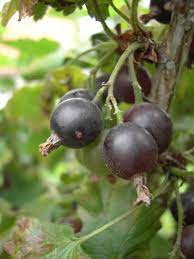
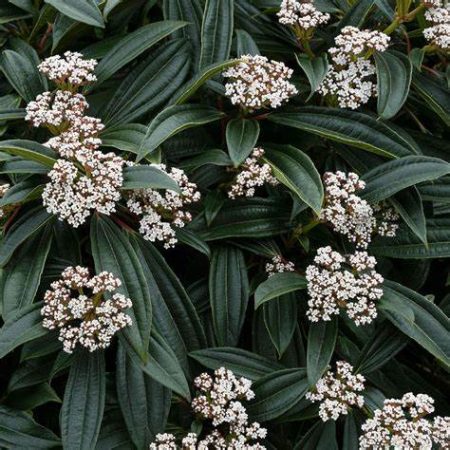
Reviews
There are no reviews yet.